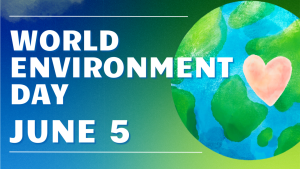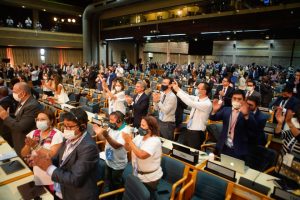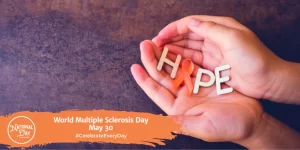 HISTORY OF WORLD PEST DAY
HISTORY OF WORLD PEST DAY
While pest control might be as old as agriculture, the first instance was not recorded until 3000 B.C. in ancient Egypt. The Egyptians applied biological control agents by introducing cats to manage rodent populations in their grain stores. They also introduced mongooses into homes to control rodents and snakes. In 2500 B.C., the Sumerians of Mesopotamia began using sulfur compounds as insecticides. In 1200 B.C., the Chinese employed predatory ants against pests such as beetles and caterpillars to protect citrus orchards. They also used botanical insecticides to treat seeds.
While there was a continued development in pest management during Medieval times in other parts of the world, Europe regressed and adopted superstitious tactics. However, that changed with the scientific awakening during the Renaissance. New chemical repellents were discovered, including nicotine and arsenic. In the 1700s, German physician Franz Ernst Brückmann invented a mechanical flytrap to capture various insects. Brückmann later invented the flea trap, which became a popular fashion accessory during Victorian times. In 1879, James M. Keep patented the first lethal mousetrap, which used a set of spring-loaded, cast-iron jaws. New chemical insecticides were developed between the late 1800s and after WWII, including D.D.T., herbicides, organophosphates, and chlorinated hydrocarbons.
During the 1960s, the public became aware of the harmful impacts of these chemical pesticides on the environment. That led to the re-emergence of biological control. Although chemical pest control is still the primary method for pest management today, people are beginning to take an interest in traditional and natural pest control. On June 6, 2017, the Chinese Pest Control Association pioneered the first World Pest Day, collaborating with the Federation of Asian and Oceania Pest Managers’ Association, the National Pest Management Association, and the Confederation of European Pest Management Associations.
WORLD PEST DAY TIMELINE
Ancient Egyptians use cats to control the rodent population.
The Sumerians employ sulfur compounds as insecticides.
James M. Keep patents the first lethal mousetrap.
The Chinese Pest Control Association launches World Pest Day at the Beijing Hotel.

 Solutions to plastic pollution
Solutions to plastic pollution
 On June 3, World Bicycle Day targets individuals as a way to promote a healthy lifestyle, especially for those with Type 1 and Type 2 diabetes.
On June 3, World Bicycle Day targets individuals as a way to promote a healthy lifestyle, especially for those with Type 1 and Type 2 diabetes. If one of them asked me: ‘But who is this God really?’
If one of them asked me: ‘But who is this God really?’
 HISTORY OF GLOBAL DAY OF PARENTS
HISTORY OF GLOBAL DAY OF PARENTS World Multiple Sclerosis Day on May 30th creates an opportunity to boost awareness and connect those with MS to resources and improve support systems.
World Multiple Sclerosis Day on May 30th creates an opportunity to boost awareness and connect those with MS to resources and improve support systems. Background
Background



 Turtles are a type of reptile that exists in many environments throughout the world and have found their way into literature, poetry, and parable throughout the world’s history. World Turtle Day celebrates these noble reptiles and their place in the world and encourages people to take action to help protect both the common pet turtle and the ever endangered sea turtle.
Turtles are a type of reptile that exists in many environments throughout the world and have found their way into literature, poetry, and parable throughout the world’s history. World Turtle Day celebrates these noble reptiles and their place in the world and encourages people to take action to help protect both the common pet turtle and the ever endangered sea turtle.